WHO Launch of Action framework for developing and implementing public food procurement and service policies for a healthy diet
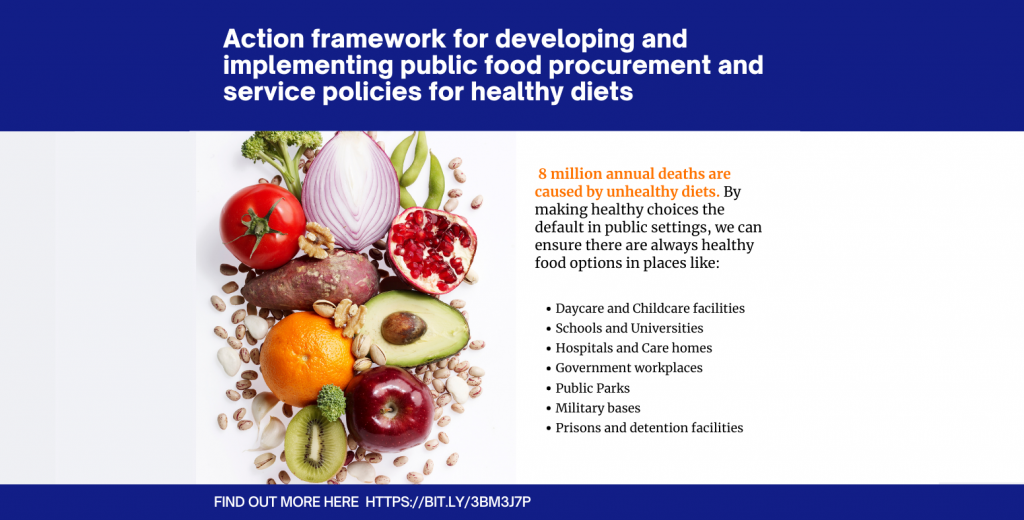
Around the world, millions of meals and snacks are served and sold to the public every day through institutions like schools, government offices, health care facilities, military bases, and correctional facilities. This presents an opportunity to improve the diets of the population by ensuring all food served and sold in these settings meet nutritional standards. […]
Health Canada Voluntary Sodium Reduction Targets for Processed Foods 2020-2025

On 18th December 2020, Health Canada published their Voluntary Sodium Reduction Targets for Processed Foods 2020-2025. These targets build on the 2012 targets, set until the end of 2016, that aimed to achieve a reduction in sodium intake to 2300 mg/day. The updated targets are based on a 15 to 20% reduction from the 2017 measured […]
A three-part blog series on Australia’s new food reformulation targets

The George Institute’s PhD candidates, Emalie Rosewarne and Daisy Coyle have published a three-part blog series on Australia’s new food reformulation targets. Topics explored include: how the reformulation program could be better-aligned with international best-practice, how the reformulation targets need to be improved to have a meaningful impact, and the steps the Government needs to […]
World Children’s Day Webinar by UNICEF and WHO: 20 November 2020
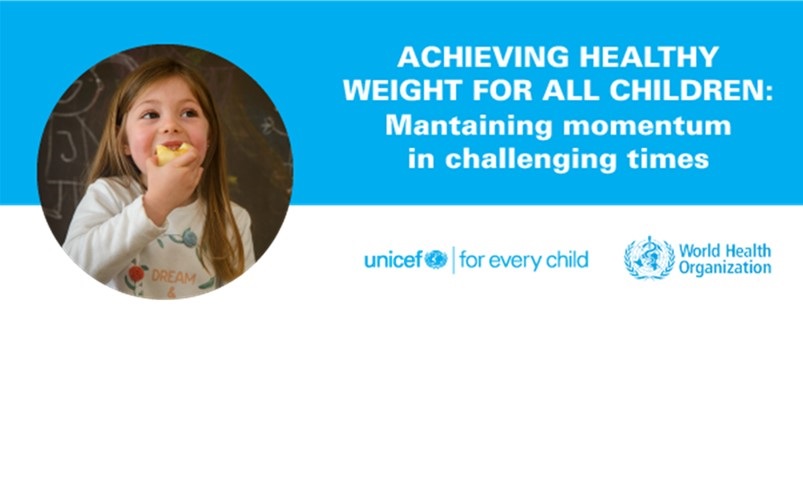
To mark World Children’s Day on the 20th of November, UNICEF and WHO are hosting a webinar titled “Towards a healthy weight for all children – maintaining momentum in challenging times”. This webinar will focus on the global efforts to prevent childhood overweight and obesity with discussion on the opportunities and challenges to promote early […]
Food, COVID-19 and Sensible Policy: Time to #FixFood

To celebrate World Food Day on the 16th of October, The George Institute hosted a discussion with Professor Dariush Mozaffarian of the Tufts Friedman School of Nutrition Science and Policy. Prof Mozaffarian provided a background on the burden of disease due to poor diets, the steps that can be taken to fix diets and food […]
World Stroke Day on 29 October 2020
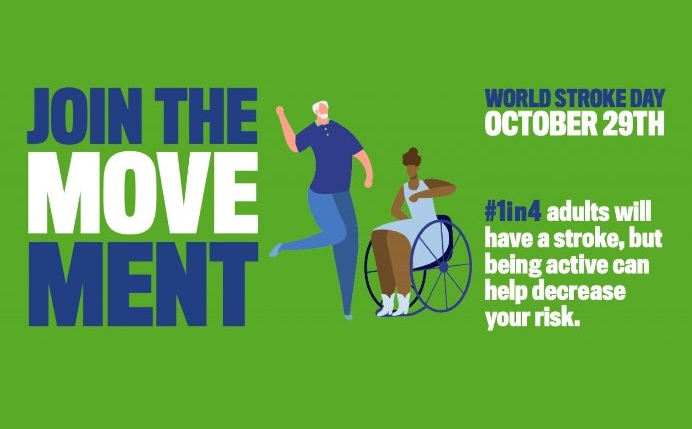
One in four people will have a stroke in their lifetime. This year’s World Stroke Day focused on the top 10 lifestyle changes to prevent stroke including controlling high blood pressure, eating a healthy, balanced diet and maintaining a healthy weight. The World Stroke Organization encouraged individuals to “join the movement” and share dance moves […]
World Heart Day 2020: ‘Share your stories’ campaign by World Heart Federation
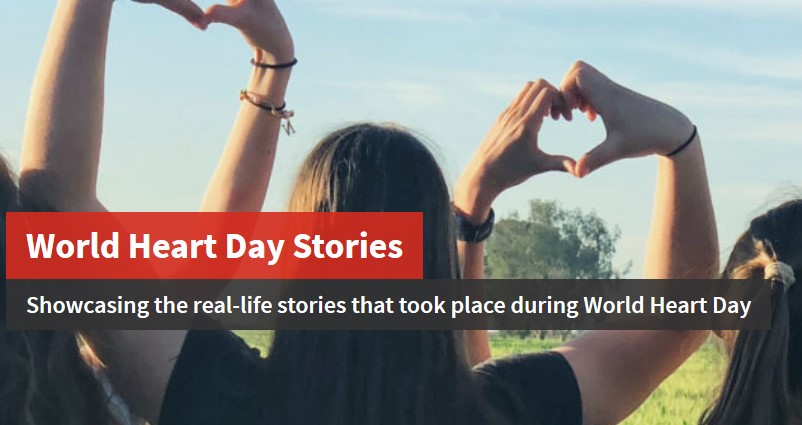
On the 29th of September 2020, World Heart Day saw the world become filled with messages of heart-healthy lifestyle change ideas. These messages have reached millions of people around the world thanks to the ‘Share your stories’ campaign initiated by the World Heart Federation. To ‘Use Heart’ by sharing your World Heart Day story with […]
New online course launched on World Hypertension Day, 17 October 2020
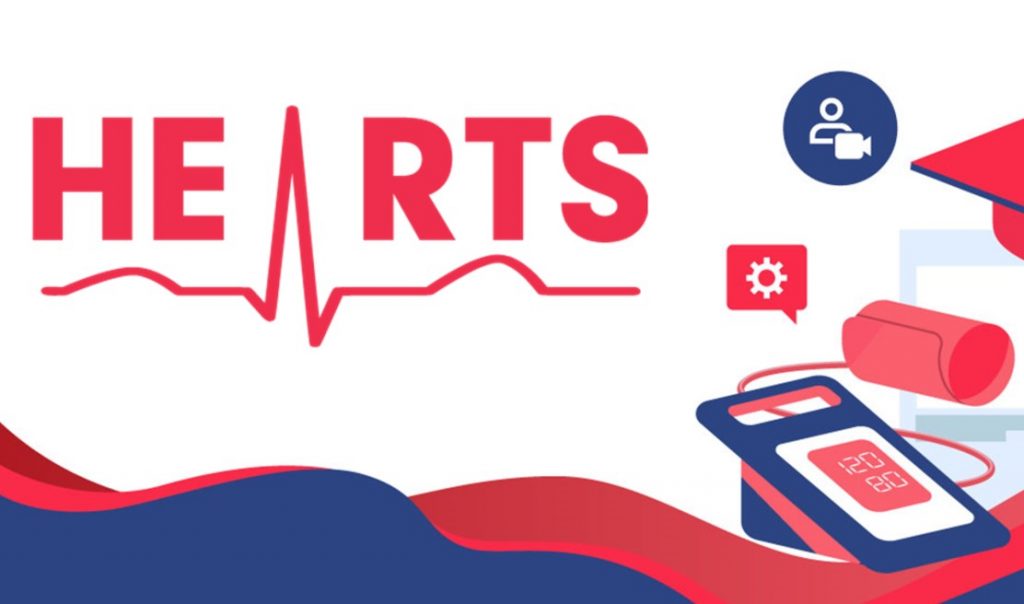
The theme of World Hypertension Day 2020 was “Measure Your Blood Pressure, Control It, Live Longer”, emphasising accurate measurement, effective control and a healthy long life. The Pan American Health Organization, World Health Organization and Resolve to Save Lives hosted an online event and presented a new virtual course and new tools to improve blood […]
LINKS toolkit: Resources for Healthy Public Food Procurement
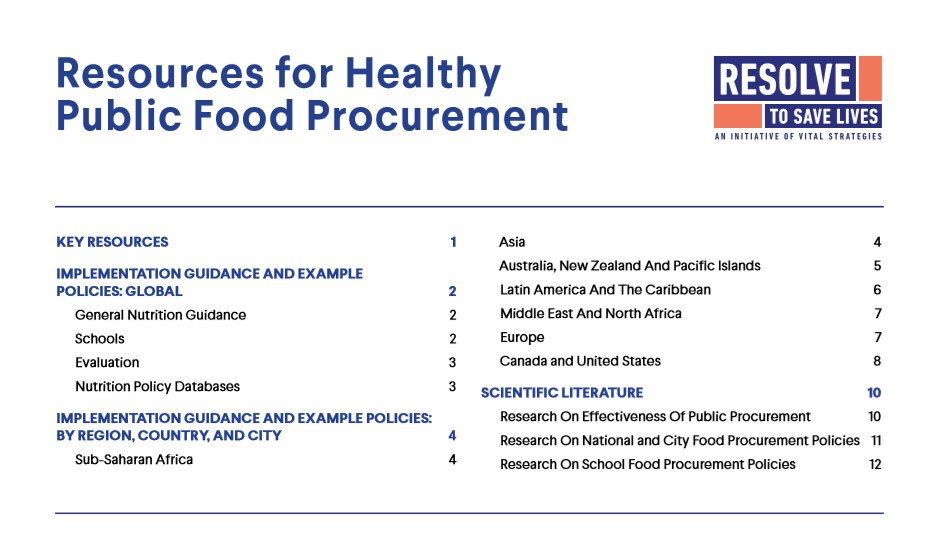
LINKS (a collaboration between WHO, the CDC Foundation and Resolve to Save Lives) recently published a toolkit of resources for healthy public food procurement policies – these policies ensure that foods procured or served in public settings contribute to a healthy diet. Resources include implementation guidance and examples of policies from around the world, and […]
WHO Regional Office for Europe (WHO EURO) released new country support package to aid salt reduction
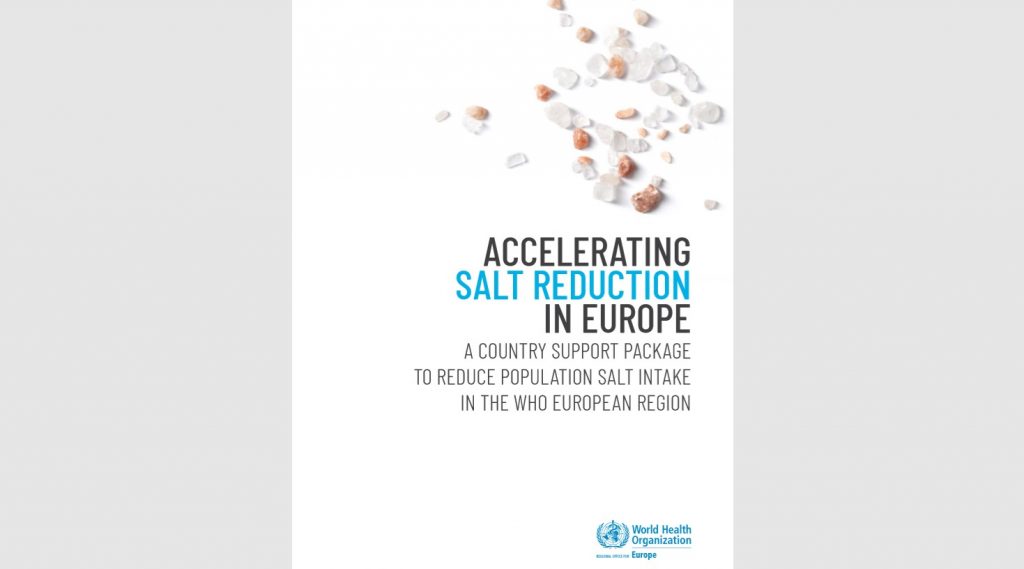
[vc_row][vc_column][vc_column_text]In late July the WHO EURO office launched a new package to support countries in the European region to reduce salt consumption. The support package provides a step-by-step guide on developing, implementing, monitoring and evaluating salt reduction programs. It is hoped that this support package will encourage countries to either reinforce of further pursue salt […]